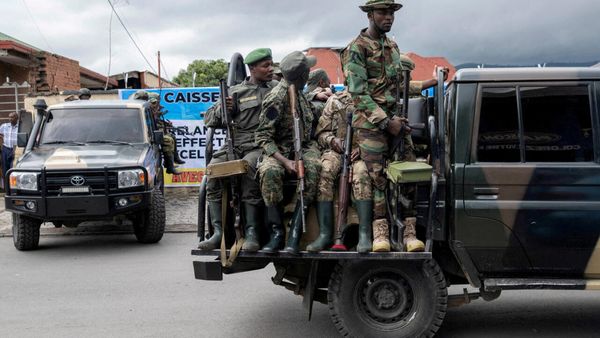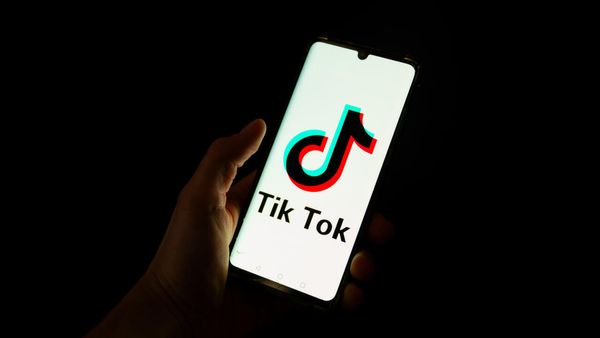
The title of Hirokazu Kore-eda’s new movie is ironic. The TV weather forecast says a typhoon is imminent, and the characters are subtly influenced by its inexorable approach. Situations are intensified and complicated. The drama is actually taking place before the storm, during the storm – or maybe instead of the storm. The period of rest the title appears to conjure up happens very late, if it happens at all. Yet there is no climactic storminess in the action.
After the Storm is a family drama, a 21st-century variation on the classic Japanese style of which this film-maker is now the international standard-bearer. The director has said he models himself on Mikio Naruse, rather than Yasujirō Ozu, although he is dissatisfied with both comparisons. It is a story of bittersweet regrets and acceptance of life’s disappointments and impossibilities, coloured with gentle humour and observation; food and family meals are very important. The film restates the themes of Kore-eda’s earlier films such as I Wish and Still Walking, although the idea of a gloomy, middle-aged man and his thwarted literary career actually put me in mind of Alexander Payne’s downbeat midlife comedy Sideways. Yet After the Storm comes with the most extraordinary subplot, that in other circumstances could make a brutally hardboiled noir thriller.
That’s because the hero is, of all things, a private detective who is addicted to gambling and not averse to blackmailing an unfaithful spouse on whom he is spying, while also shaking down what used to be called the co-respondent for a payoff. He always has a mild, gentle manner and his appalling activities are accompanied by plangent, melancholy music, for all the world as if a nice, sad man is taking a sensitive walk in the cherry blossom’s shadow. On paper, though, this guy is as disreputable as the sweaty creep M Emmet Walsh plays in the Coen brothers’ Blood Simple.
He is Shinoda (Hiroshi Abe), who has come home to be with his elderly mother because his father – a man whose reckless, spendthrift ways Shinoda has clearly inherited – has just died. He is divorced from Kyōko (Yōko Maki) and is struggling to pay the child support to her and their young son. He also has a tetchy, difficult relationship with his sister (Satomi Kobayashi), a stay-at-home mum devoted to her young daughter’s interest in figure skating, and suspicious of her wastrel brother and his predatory designs on their indulgent mother – a lovely performance from Kirin Kiki.
Poor Shinoda still carries a torch for his ex-wife and uses his gumshoe skills to spy on her and her new partner. He is in denial about the way his writing ambitions are panning out. Some time ago, he had a successful debut with a novel called The Empty Table – a title replete with autobiographical sadness. It may have been something of a crime thriller, although it isn’t clear if Shinoda based the details on his previous work as a private detective, or whether he took up that job as research. But the awful truth is that his literary career is stalling and that he has no choice but to carry on being a private detective because that is the only thing bringing in what little money he has. That grubby world, at first so fascinating as something to be transformed and exalted into literature, is the professional life into which he has sunk. And his dad’s death brings his life’s journey into sharper focus.

In the hands of another film-maker, this situation might be the focus of a queasy black comedy. Intriguingly, Kore-eda simply passes over events that in a noir would get Shinoda roughed up or killed. Instead, he makes them an incidental, if absurd part of a larger story: Shinoda’s sad yearning for his ex-wife and child. Eventually, the storm means that the awkward visit the three of them pay to his mother turns into an overnight stay – to her delight – and emotions are brought to the surface.
These emotions are, however, largely those of Shinoda’s mother, who is coming to terms with the nearness of death with a mixture of resignation, fear and bewilderment, and without an old person’s stereotypical placid wisdom. Listening to the slushy lyrics of a pop song on the radio, she says calmly: “I’ve never loved anyone deeper than the sea …” There is such intelligence and delicacy in Kore-eda’s film-making, such wit and understated humanity.







